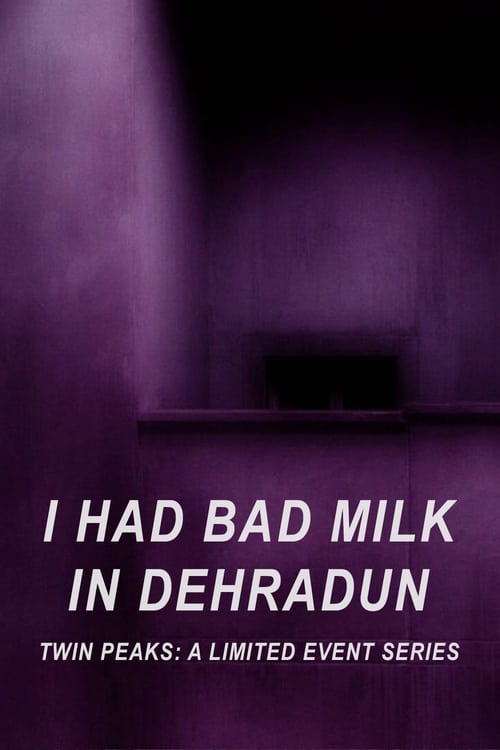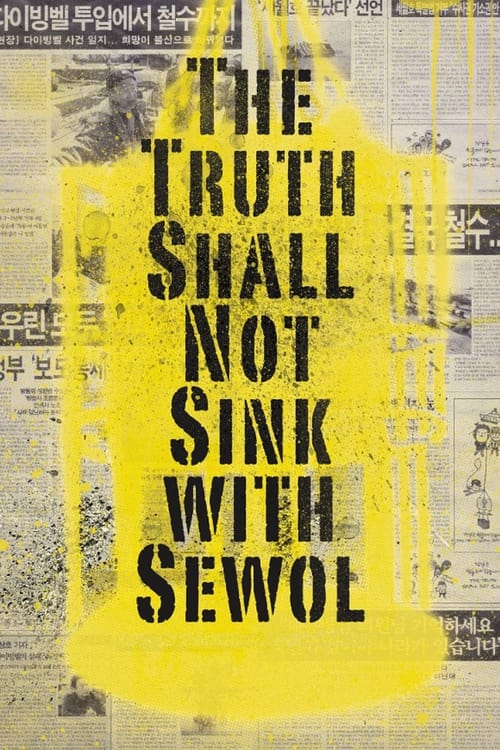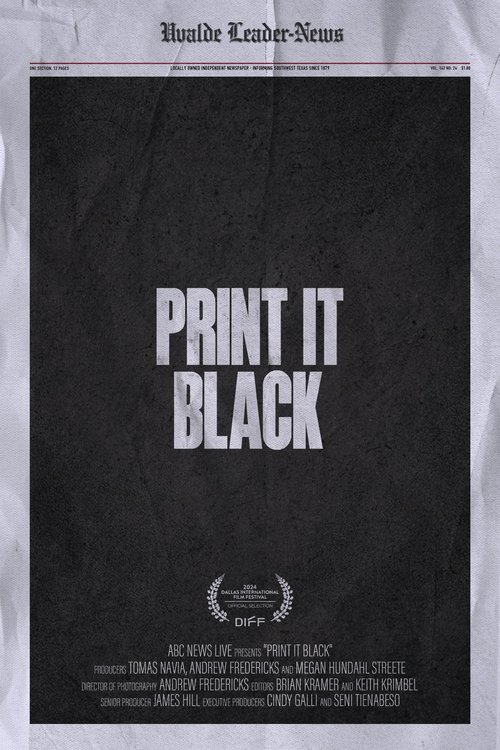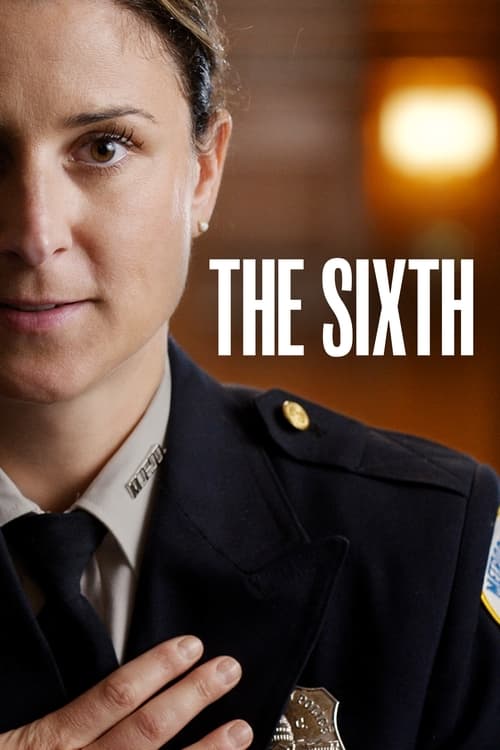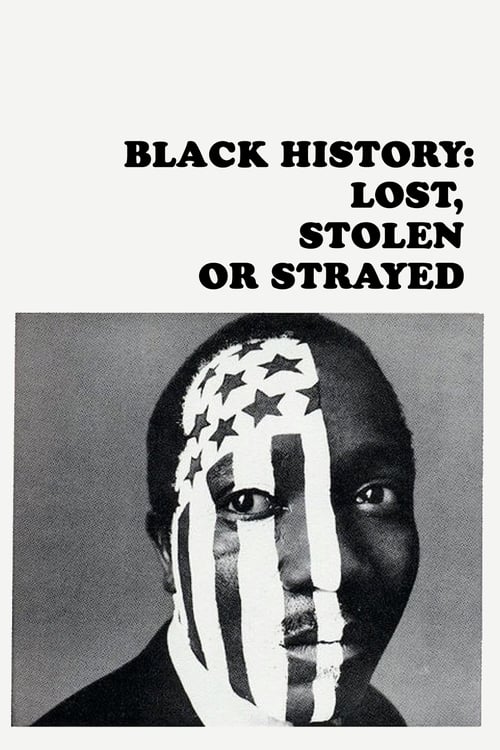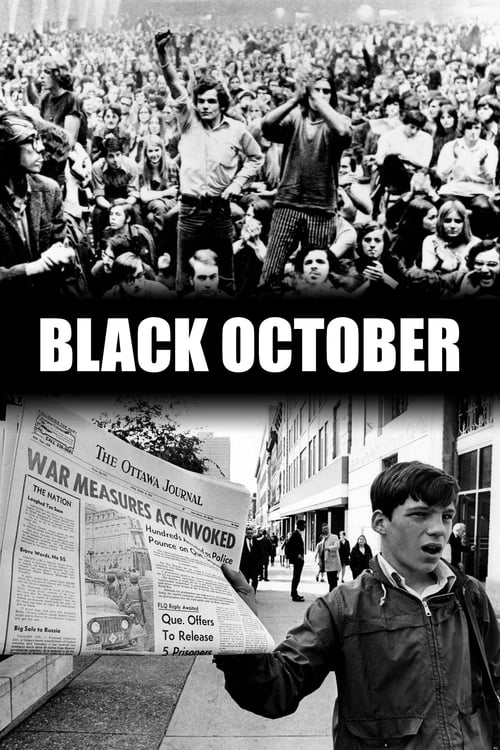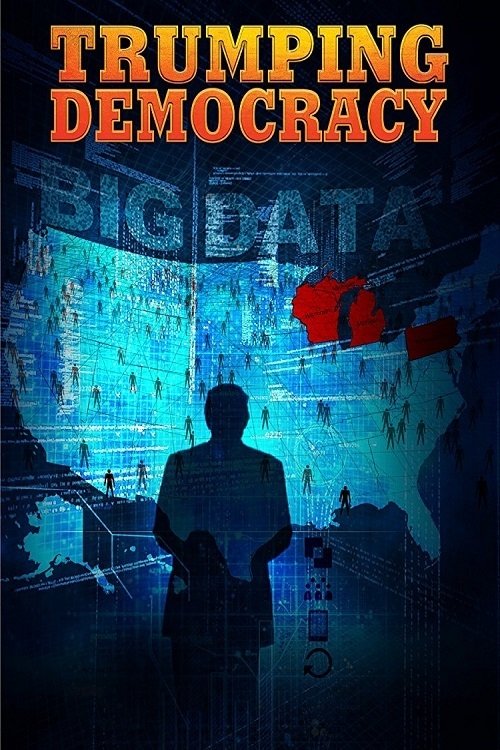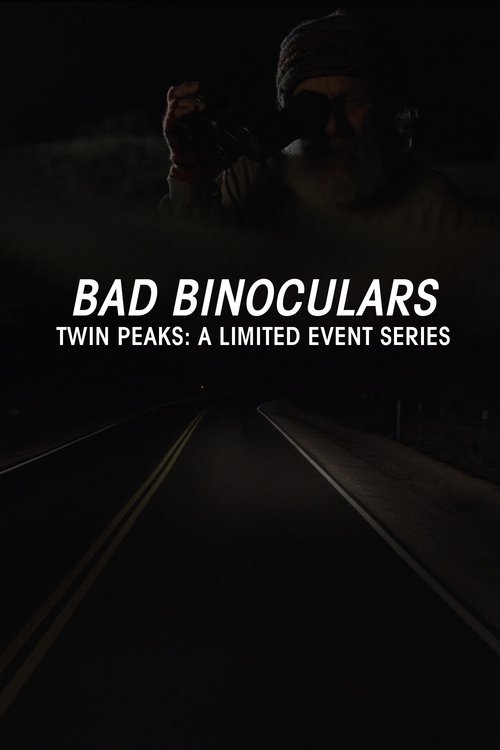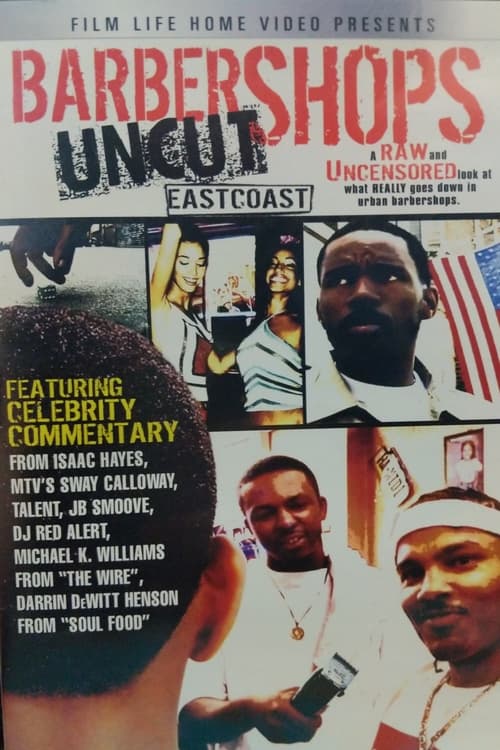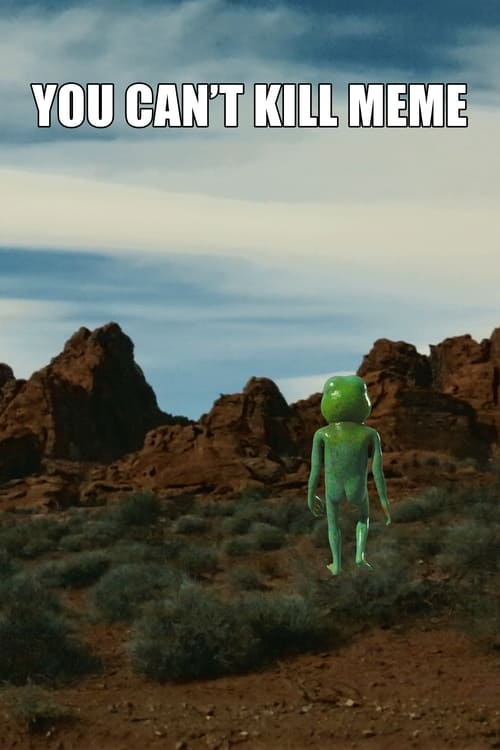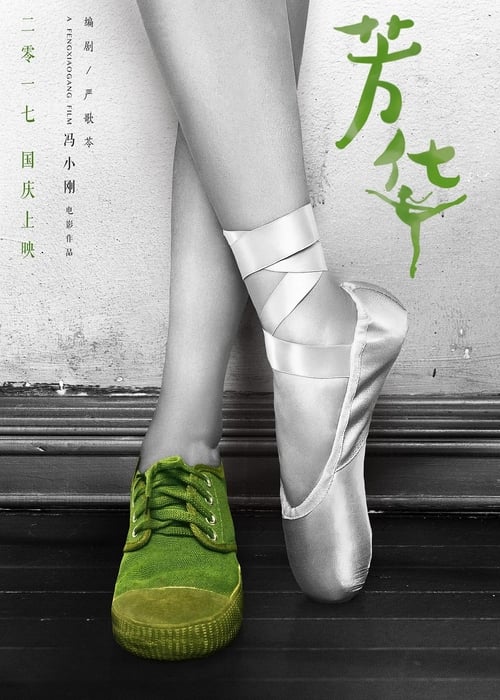You've Been Trumped Too
A timely film exploring the confrontation between a feisty 92-year-old Scottish widow and her family and a billionaire trying to become the most powerful man in the world.
Cast

Donald Trump
as Self

Anthony Baxter
as Self

Molly Forbes
as Self

Michael Forbes
as Self

Andy Wightman
as Self

Sheila Forbes
as Self

Donald Trump Jr.
as Self
